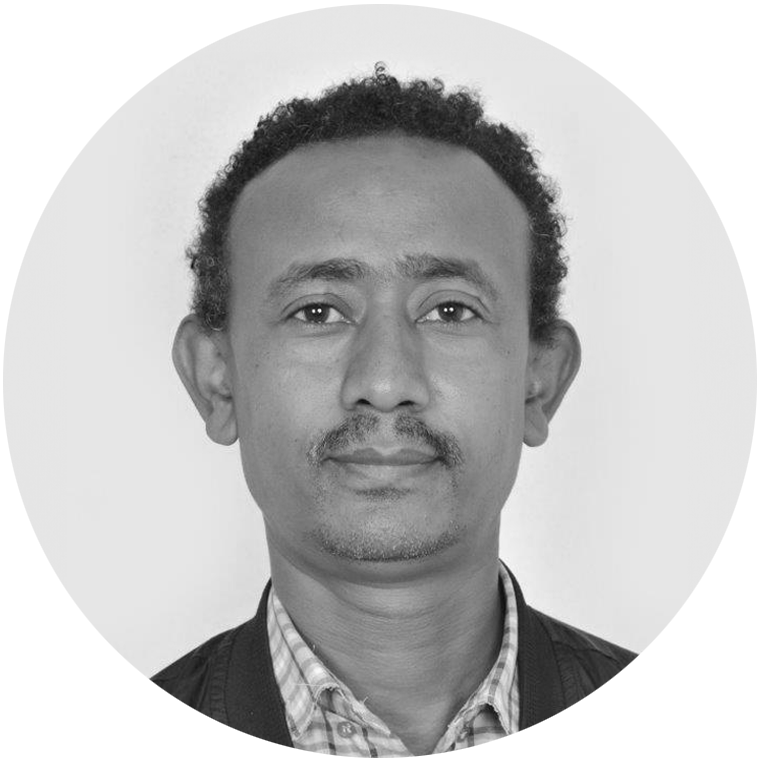PROGRESS IN THE FIGHT AGAINST MALARIA
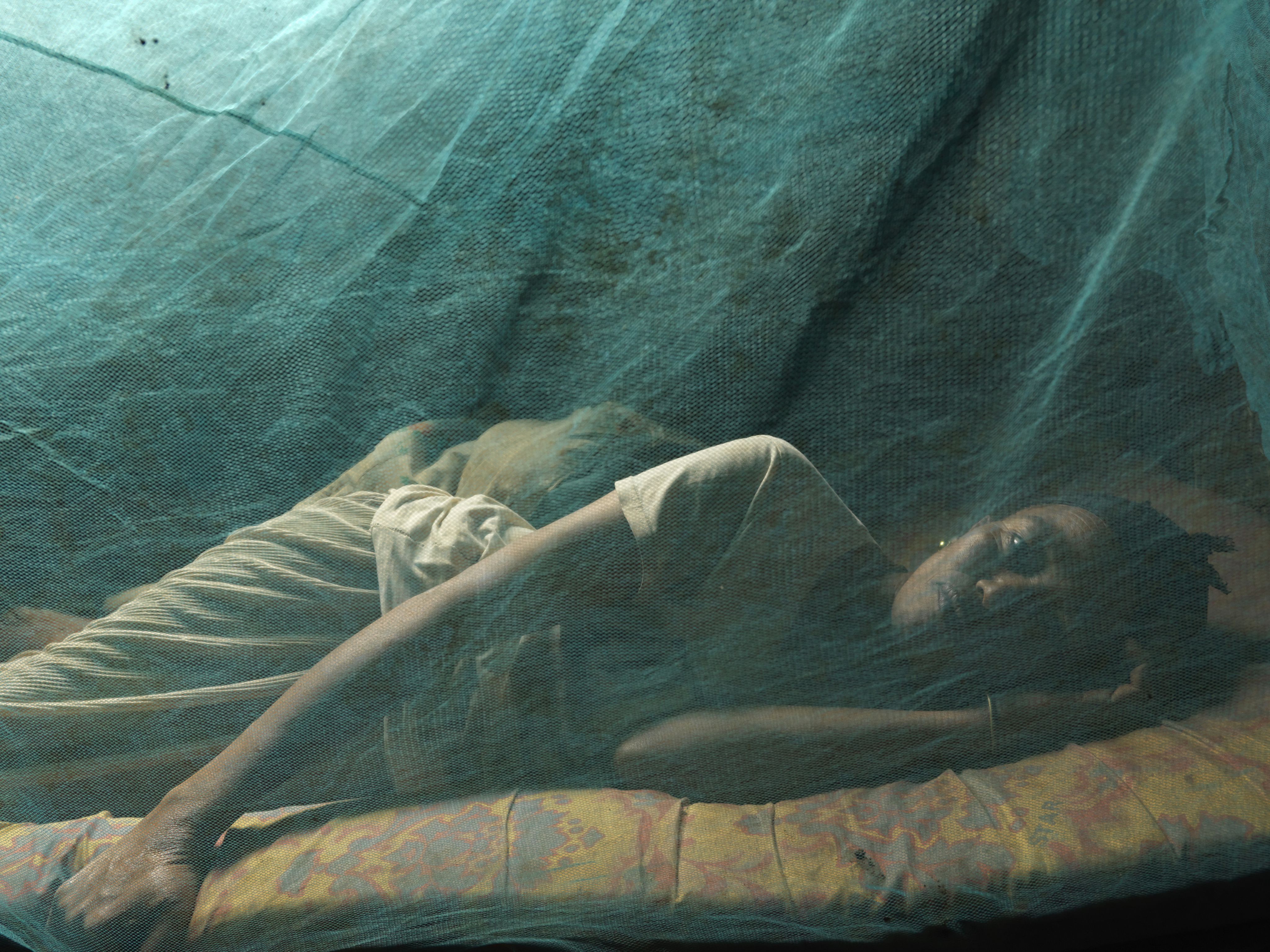
Last year, we called on your help as a malaria outbreak in Ethiopia threatened to undo 20 years of progress in the fight against the disease.
Thanks to support like yours, along with collective action and community-driven efforts, malaria cases and related hospital admissions have dropped dramatically in 18 high-risk districts of South Ethiopia — an incredible achievement!
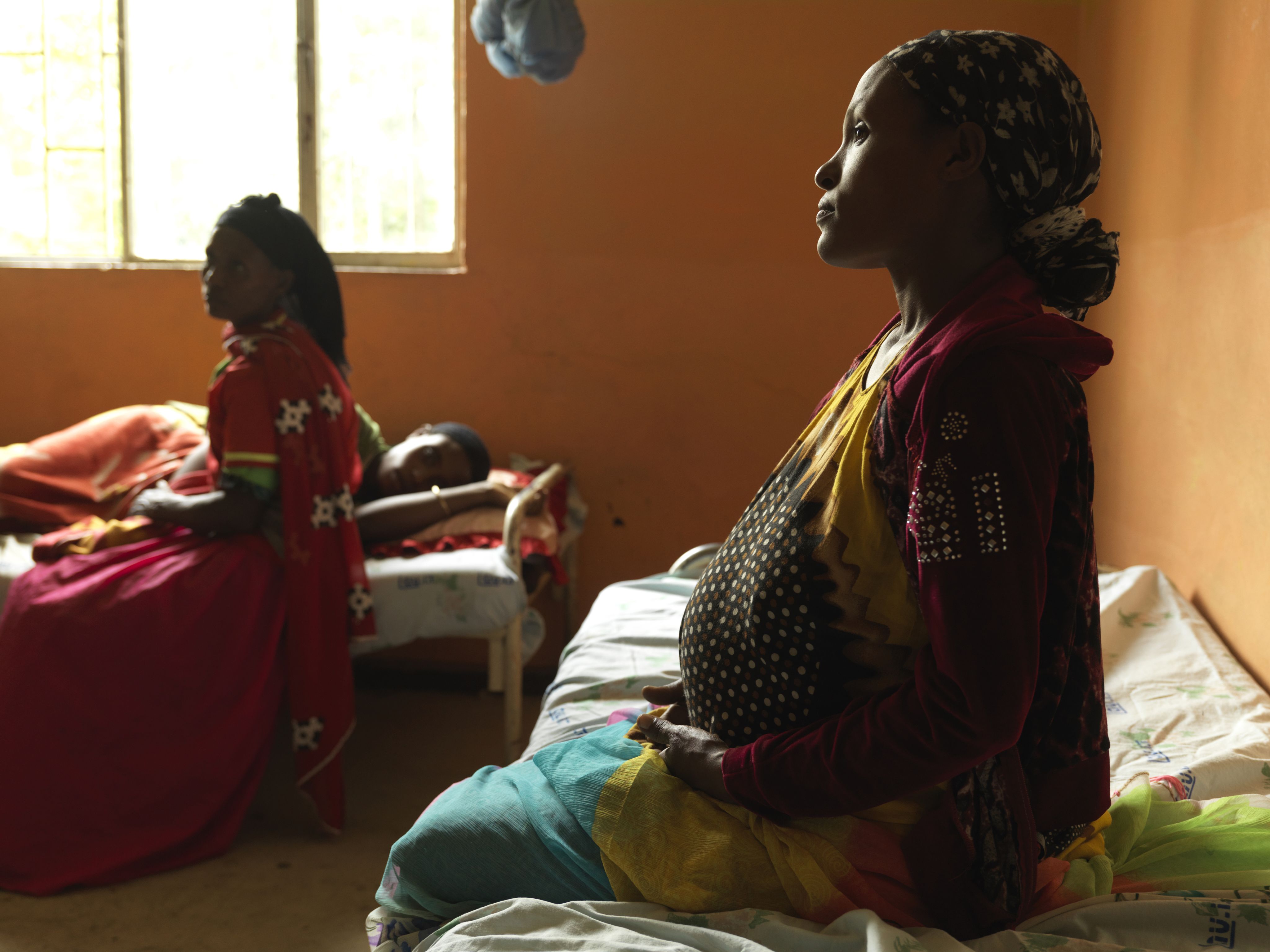
As of September 2024: Ethiopia had recorded more than 4.7 million cases and 409 malaria-related deaths.
Now, in 2025: Malaria cases within the districts we targeted have declined by 29% between June 2024 and January 2025.
We want a world free from malaria. You are part of the solution.
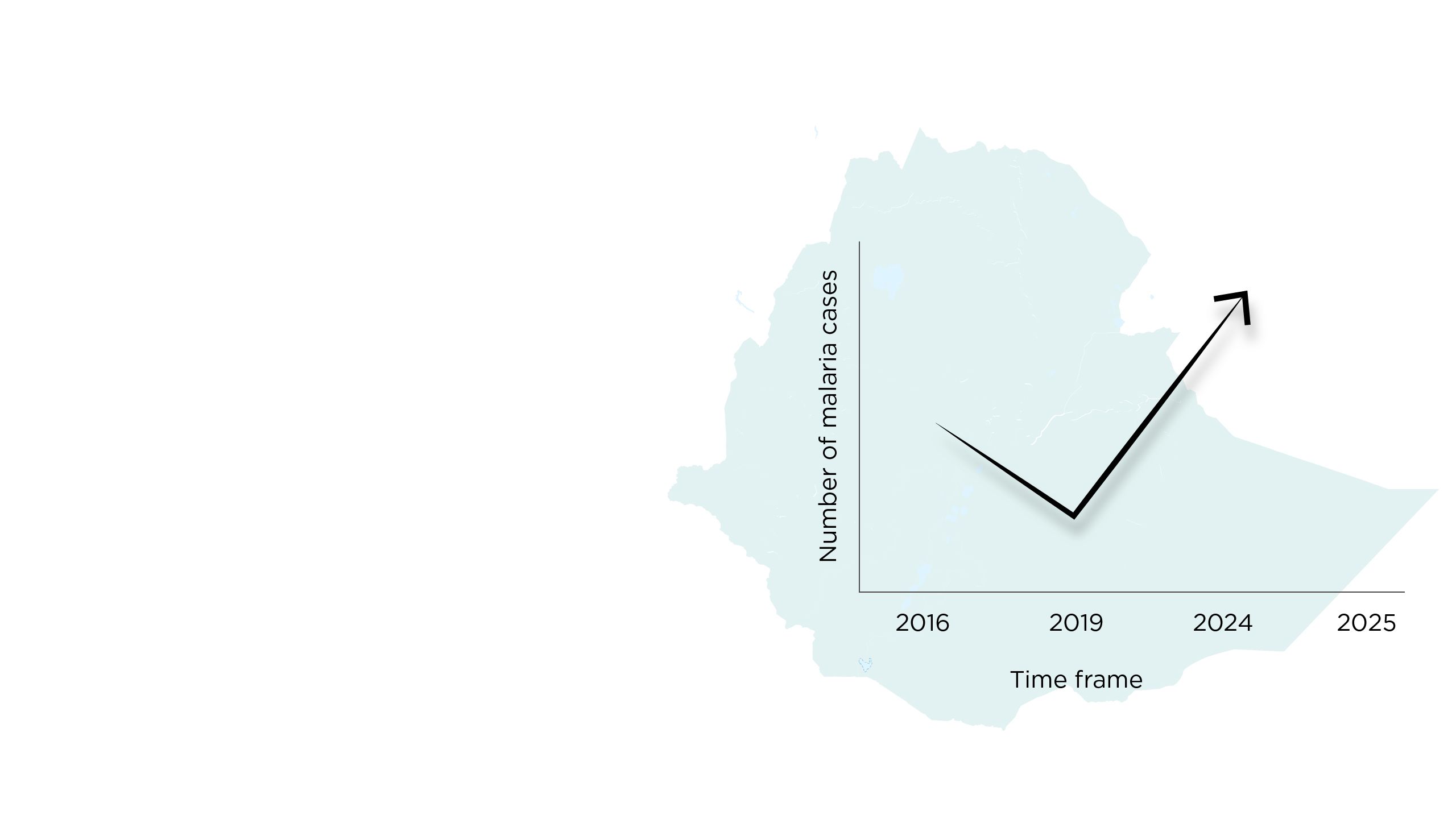
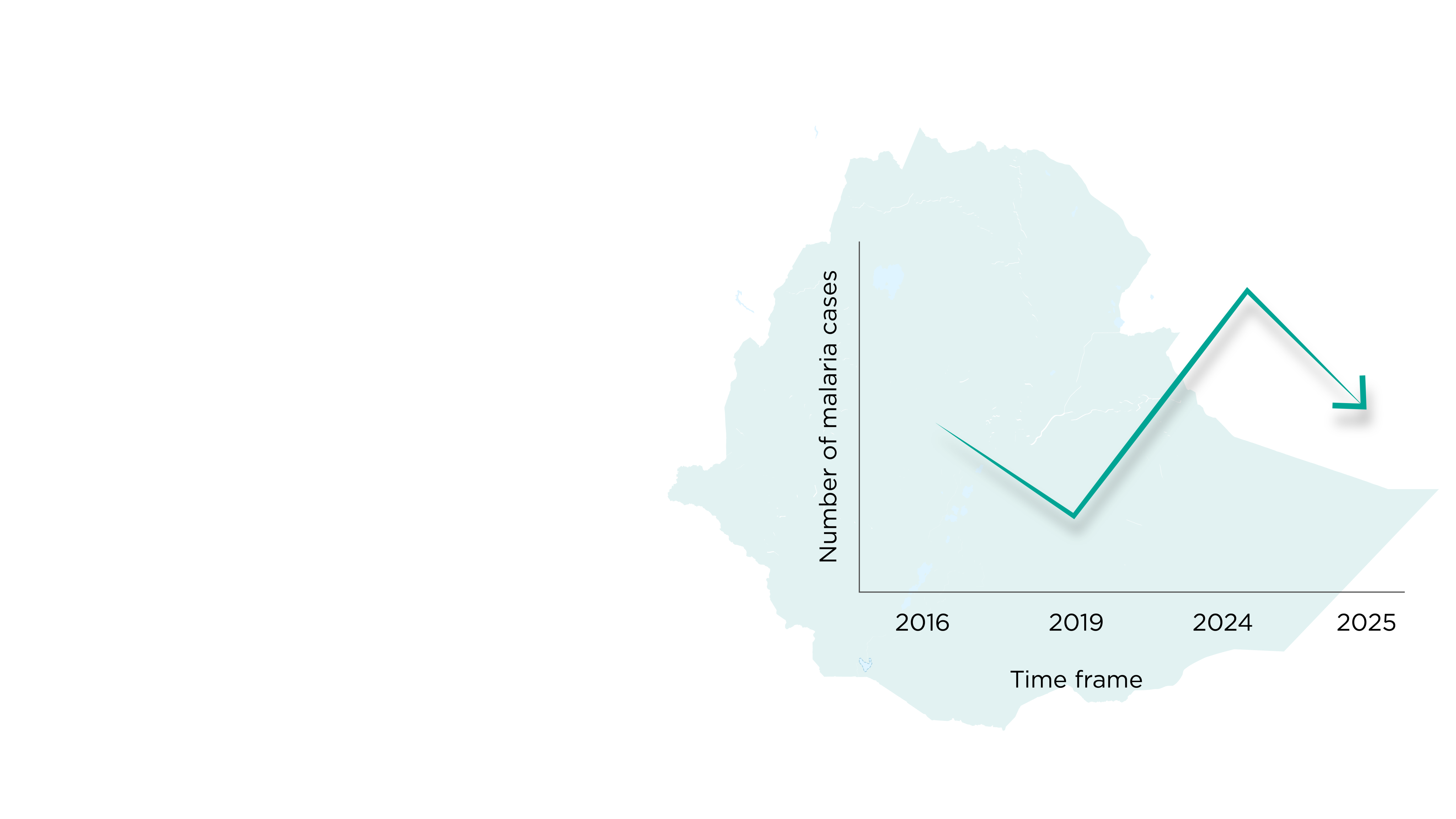
Between 2016 and 2019, Ethiopia made significant progress in the fight against malaria. Confirmed cases dropped by 47% and malaria-related deaths decreased by 58%.
However, malaria cases surged to 4.7 million in 2024 due to challenges in accessing healthcare, the impact of climate change and the new threat of Anopheles stephensi, a mosquito which thrives in urban environments. This has made the disease harder to control and increased the risk for more people.
As we enter 2025, there is renewed progress. Between June 2024 and January 2025, in the 18 targeted districts, malaria cases fell by 29%, while hospital admissions due to malaria declined even more dramatically, dropping by 68%.
We know that, when it comes to making health systems more resilient, surveillance works.
In response to the malaria outbreak in Ethiopia, we’re continuing to work alongside community health workers to strengthen their skills in case management, emergency response and surveillance.
Although progress has been made, there is still more that needs to be done. Ongoing improvements in how we monitor malaria help to:
- find outbreaks earlier
- warn at-risk communities
- respond faster, so hospitals and resources don’t get overwhelmed.
“Encouragingly, since the start of 2025, the number of malaria outpatient and inpatient cases in high-burden areas of Ethiopia has significantly decreased, highlighting the impact of response efforts.”
Malaria Consortium supports outbreak response efforts
Malaria Consortium is working with the Government of Ethiopia and other partners to help protect communities from malaria. In response to the surge in cases, we stepped up our emergency efforts — helping communities to stay safe while reinforcing long-term malaria prevention.
In South Ethiopia, we’re working quickly to tackle malaria cases by responding to outbreaks as soon as they happen, improving how we track the disease and helping families protect themselves with mosquito nets and other life-saving tools. At the same time, we're ensuring that each community gets the tailored support it needs, strengthening our emergency efforts and providing long-term protection.
In the Amhara region, we’re ensuring that seasonal mobile workers continue to have access to tailored malaria services. This activity began before the outbreak and continues to complement national emergency response efforts.
It's vital that we’re able to scale and sustain these projects to ensure no one is left behind in this critical fight.
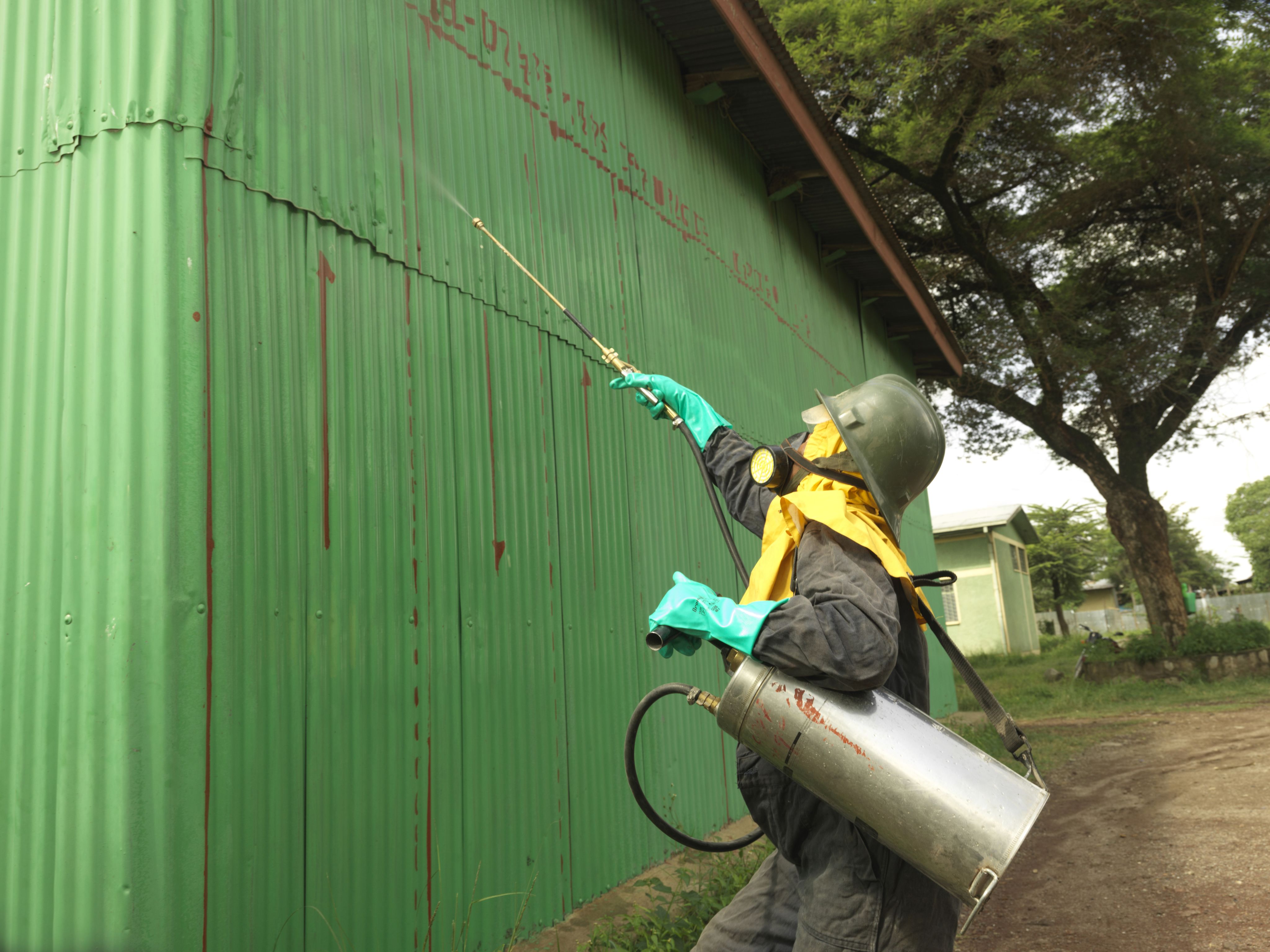
Learn more about our projects in Ethiopia
What makes surveillance so effective in helping to eliminate malaria?
It improves data collection: Using data collection tools to gather information in real time provides an up-to-date and accurate picture of malaria cases.
Antimalarial drugs can be delivered without delays: Making sure medicines get to people when they need them.
Knowing who needs nets: If we know how many family members are in a household, the right number of treated nets can be provided to protect them from malaria-carrying mosquitoes.
Capacity strengthening: Training health workers to correctly diagnose and treat malaria using 'best practice' methods ensures that the right medicines are used for the right illness.
Community engagement: Working with communities to raise awareness about how to prevent malaria and how to get treatment if they, or their friends and family, need it.
Geographical mapping: Finding out where malaria cases are happening in specific areas to send resources and help where they are most needed.
£162 helps provide 100 vials of malaria medication
£75 helps test 250 people for malaria using rapid diagnostic tests
£21 can supply 75 rapid diagnostic tests
Strong health systems save lives.
Together, we can ensure communities have access to essential care during outbreaks of preventable diseases, like malaria.
Donate today and be part of the solution.


